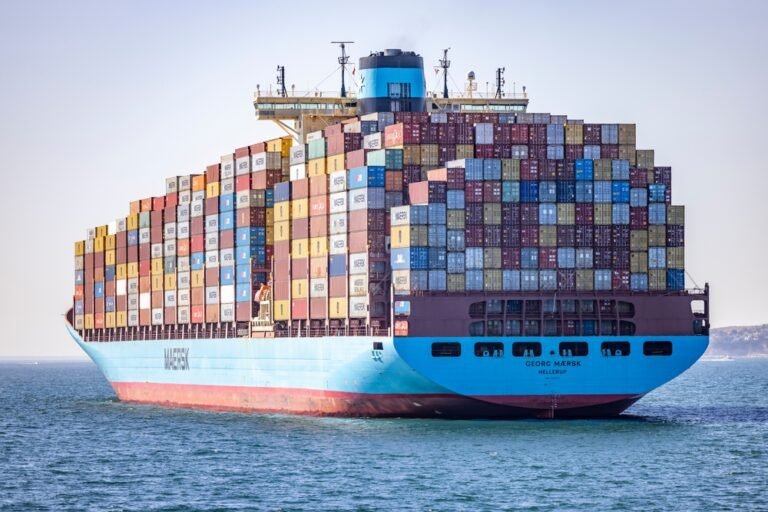With many major shipping companies diverting their routes away from the Red Sea due to ongoing conflicts, the delivery of containers and consumer goods is taking longer than usual.
As a result of the ongoing Israel-Hamas war, the Houthi group in Yemen – which openly supports Hamas – has said it is attacking all ships bound for Israel. However, it is unclear whether all of the targeted ships actually travel to Israel, meaning many shipping companies have chosen to avoid the busy shipping lane altogether.
In fact, in recent months, several Maersk and MSC container ships have been attacked by Houthi rebels, which has reinforced the importance of shipping companies taking alternative routes for the safety of their crew members and containers.
So what does this mean for businesses expecting commercial deliveries? Cleveland Containers, one of the UK’s leading container suppliers, explains how disruptions in the Red Sea are affecting industries across the country.
What is happening in the Red Sea?
Since the beginning of the Israel-Hames conflict in October, the Houthi rebels have fired rockets and drones at foreign-owned ships sailing through the Bab al-Madab strait. This is a 20 mile wide channel that separates Yemen on the Arabian Peninsula side and Eritrea and Djibouti on the East African coast.
Andrew Thompson, CEO of the Cleveland Group, which comprises Cleveland Containers, Cleveland Hire and Cleveland Modular, said: “Generally, vessels enter the Bab al-Mandab Strait from the south to cross the Red Sea and reach the Mediterranean through Egypt’s Suez Canal.
“But the threat of possible attacks has forced global shipping companies to modify their itineraries, with ships cruising around the Cape of Good Hope (South Africa) and then up to the western side of the continent.
“This is causing serious delays to shipments as the alternative route can extend transit times to at least two or three weeks. And, in turn, the delays are also having a negative impact on the operations of sectors and companies across the UK, affecting stock availability and delivery prices.”
Which sector is most affected?
Many industries, such as retail and construction, are significantly affected by the Red Sea disruptions as companies face supply chain disruptions due to the rerouting of deliveries.
Manufacturing is undoubtedly one of the sectors that must also face the harsh consequences of the ongoing situation. For example, in early 2024, major automakers such as Volvo, Tesla and Suzuki had to suspend some production across Europe due to component shortages.
In particular, the UK manufacturing sector has seen a decline in activity of late and the Red Sea issues have helped to further hamper the situation. In January 2024, the Purchasing Managers’ Index (PMI) was 47.0, with any reading below 50 indicating a contraction.
The current delays are stretching out expected deliveries, disrupting production schedules and adding to financial pressures at a time when companies are already struggling to make ends meet.
The extra cost behind a Red Sea holiday
The ongoing turmoil in the Red Sea means the cost of delivering goods around the world is also rising.
The forced rerouting increased sailing times by 30%, leading to increased fuel consumption and extended shifts for ships’ crews.
Not to mention that shipping companies face additional port charges as ships have to stop more often en route, as well as higher transportation costs overall.
So, ultimately, this is why businesses across the UK are currently having to spend more money delivering products, items and materials to keep their business going.
It is also worth noting that delays in goods leaving China and other parts of the world are escalating demand and affecting availability. Some industries may face significant storage issues, while others may not have the materials they need to power their industrial processes.
In short, Red Sea disruptions cause production to slow down, resulting in lower output and overall lost revenue for companies across the country.
As things stand, the threat of Houthi attacks on ships in the Red Sea is delaying transit times, increasing shipping costs and testing the economic well-being of several sectors.
While it is difficult to make predictions at this stage, the hope is that the situation will ease in the coming months to restore some sort of normalcy globally.

